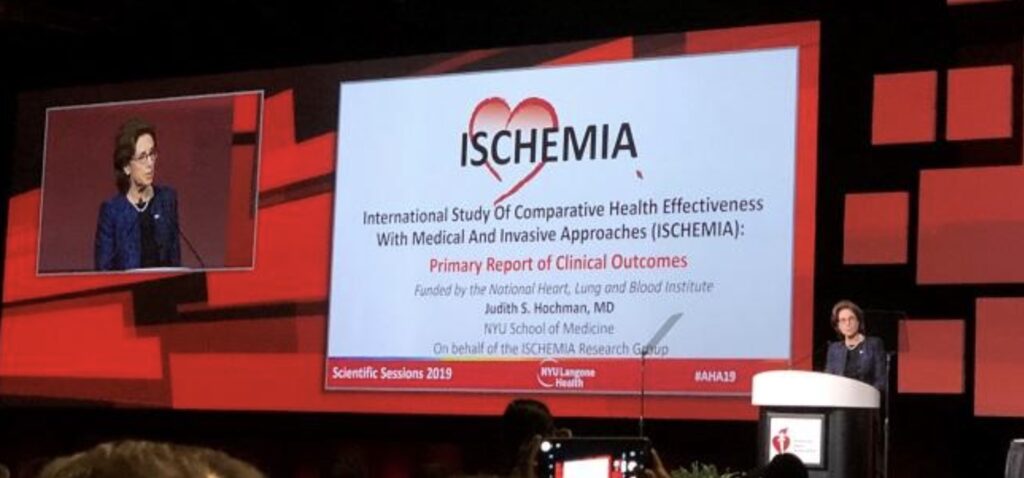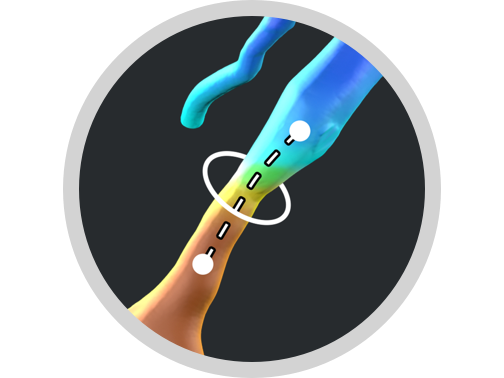Women & Cardiovascular Disease

The usual care pathway for diagnosing heart disease does not serve women well. This article reviews the gender differences in cardiovascular disease and global data that suggests how the broader use of CCTA can help bridge the gap.
ESC Guidance for the Diagnosis and Management of CVD during COVID-19

A review of the ESC guidance stating, “CT angiography should be preferred to non-invasive functional testing during [the] COVID-19 pandemic”.
The Impact of COVID-19 on CAD Patient Management

When the COVID-19 pandemic hit, cardiologists convened to determine how best to care for cardiac patients during this changing environment. This article summarizes learnings from a panel of cardiologists across the US.
SCCT 2020 Highlights: The Shift in Prioritization of CCTA

This issue reviews key data presented at the SCCT 2020 conference and physician perspectives that suggest rapid expansion of CCTA in mainstream clinical care.
ISCHEMIA’s Ripple Effects and Where They Leave Cardiologists

A review of the ISCHEMIA trial findings presented at the AHA 2019 meeting and the implications this trial will have on conventional non-invasive cardiac ischemia testing.
TCT 2019 News: HeartFlow Planner and Cost-effectiveness Analysis

A review of key HeartFlow highlights presented at TCT 2019 including a cost-effectiveness analysis and the introduction of HeartFlow Planner, a non-invasive, real-time virtual modeling tool for CAD.
New CAD Guidelines Announced at ESC 2019

In the release of ESC’s new guidelines, coronary computed tomography angiography (CTA) is now Class I (B) and recognized as a first line test, on par with all other non-invasive functional tests.
EuroPCR 2019 News: BOWIE Study

A review of the BOWIE study presented at EuroPCR, highlighting the potential benefit of the use of HeartFlow Planner pre-angiography to help inform revascularization decision making for CAD patients.
ACC 2019 News: ADVANCE Registry Outcomes

A review of the ADVANCE Registry one-year outcomes presented at ACC 2019, showing that the HeartFlow Analysis helped physicians more precisely stratify their patients and deliver more personalized care.





